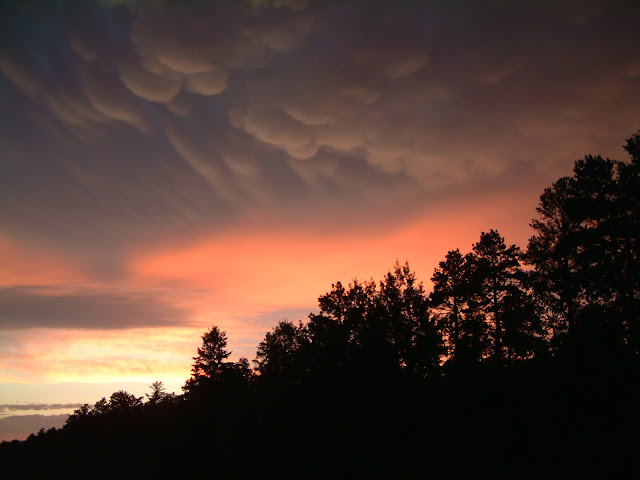Between warring sides on
a campus rally against war in the Middle East, Shiao Chong, then a campus
pastor, claimed he saw two--just two--demonstrators holding a peace flag.
“It was like a parable,”
Chong explained. “God was telling me to be in the middle; this is my ministry.
I’m supposed to go in the middle and proclaim God’s peace. That’s what I have
tried to do ever since, to be a bridge builder.”
So said Shiao Chong,
a minister of the Word and, most recently, editor of The Banner, the official
magazine of the Christian Reformed Church in North America. Chong outlined his
perspective toward the job he was given in 2016 and then held until just last
month. The story clearly explained the ways and means of the job he held for
nine years—he attempted to make peace where war was all around.
Being an advocate for
peace, recent Synods have said, is simply not enough when war against the Word is
raging, especially and precisely because of the issue of gay marriage. In the CRC and elsewhere, there simply is no middle ground—or, if there
is, the footing is so slippery and the sides of the argument so determined,
that peace is simply not possible.
Shiao Chong waited until Synod 2025 to turn in his keys to the office, when Synod 2025 voted to sustain overtures from two classes, who asked Synod to alter the mission of the magazine to what Chong considered something less than his ideas of journalism. In brief, those overtures demanded that the magazine be more reflective of church policy and politics. By Chong’s definition, the denomination wanted a denominational magazine that consistently toed the line, creating stories that deliberately avoided the difficult issues. The CRC didn't want a peace pipe, they wanted a bugler.
Those overtures won the
day, and Chong stepped out of a calling he says he felt that day he was campus
pastor during a politically explosive campus demonstration. Peace would not do in a
church body that wants no part of it, that considers doctrinal purity as the vital character of church life.
I’m sure that the faithful remnant of the denomination will find a new editor--somewhere today potential candidates are pitching their qualifications.
Sadly, resignations
generally accomplish very little, other than to allow those resigning some measure
of personal dignity. A couple decades ago, I resigned from the consistory of the church
we were attending. I did so because my father suggested it himself when he saw the war being waged in that church taking a toll on my family.
Resignation settles
nothing. In the old days, when football teams could walk off the field with a
tie, we used to say that a tie is like kissing your sister. In this case, the
Banner’s new protective mandate won the day. Chong, who worked hard at trying
to manage a voice from the middle, resigned because he found it impossible to be that.
I wish him well. I can’t help but think he unloaded a ton of responsibility when he resigned, as I did once long ago. He may be sleeping better right now.
“Don’t quit the church,” my dad told me back then. "Quit the consistory but give the church the
opportunity to heal itself—stay with it for a year.”
We did, then we left.
It was the right thing for me to do way back when, and I’d guess it was the right thing for Shiao Chong to do earlier this month. He may have sidestepped editorial issues, but he hasn’t sidestepped a commitment to peace; he's just lost a battle, a big battle. There's more than one definition of peace.
He deserves our thanks and needs our prayers.








































